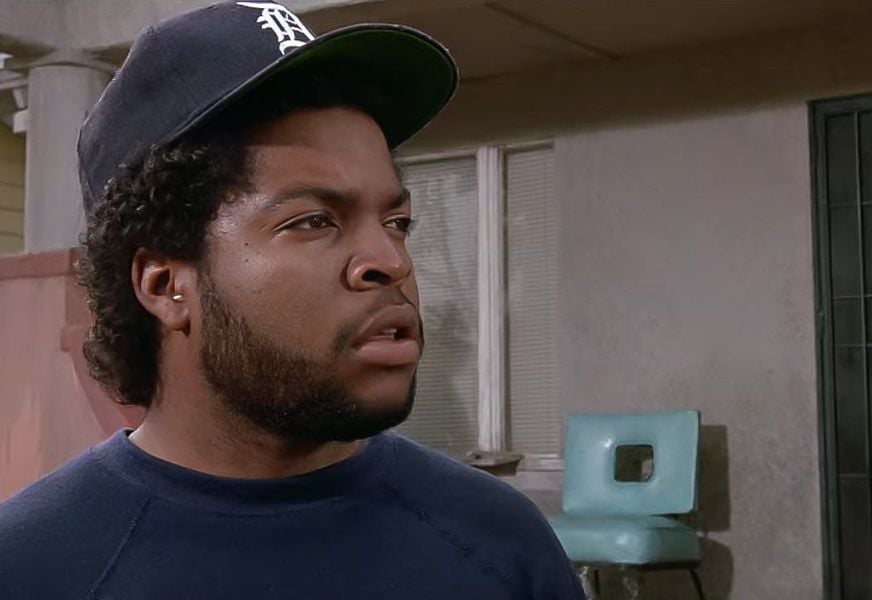Ice cube is one of the defining figures of the hip hop world. It’s difficult to put into words just how impressive and imposing the figure of Ice Cube has been on the world of hip hop. As one member of N.W.A., it was Cube who delivered the searing attitude and rapping credentials that the rest of the group couldn’t, and soon after leaving the group; he became an icon in his own right.
Born in South Central Los Angeles in 1969, Ice Cube spent much of his early life in a hostile neighbourhood that, as he grew older, was increasingly shaped by the presence of drugs and violence. Cube’s parents knew that if their son stayed in the neighbourhood, it would only be so long before he wound up with a bullet in his chest. Experiencing racism and violence at almost every turn, when given the mic, Cube was never going to let these moments pass him by.
Then, in 1992, Ice Cube would release one of his most controversial songs of all time, ‘Black Korea’. The track was inspired by the tragic murder of Latasha Harlins by a Korean shopkeeper Soon Ja Du. Harlins was unarmed as she was accused of stealing a bottle of orange juice by the shopkeeper. An altercation ensued and ended when Soon Ja Du shot Harlins to death. After facing trial, Du was facing a 16-year prison sentence.
However, with such a long stretch set out in front of him, he was instead offered five-month probation. It was an inciteful moment of tension between the Black community in Los Angeles and Korean-Americans. At only 22 years old, Cube saw this moment as a seismic one for his generation and wrote this track as he became resentful of Korean-Americans’ apparent suspicions of him and his community. The song finishes with a threatening crescendo as he threatens to burn down their stores if they attempt to turn the “ghetto” into “Black Korea”.
the song was, perhaps rightly, labelled as ‘racist’, and was expelled from the UK release of the accommodating album Death Certificate alongside the song ‘No Vaseline’. While there is an undoubted and unwelcomed thread of racist tension within the track, Cube is merely reflecting the reality he witnessed and suffered through every day of his life. There’s a good chance Cube would never write this song now, but mere days before the L.A. Riots broke out, this song was a necessary moment.
Listen below to Ice cube’s controversial song ‘Black Korea’.
